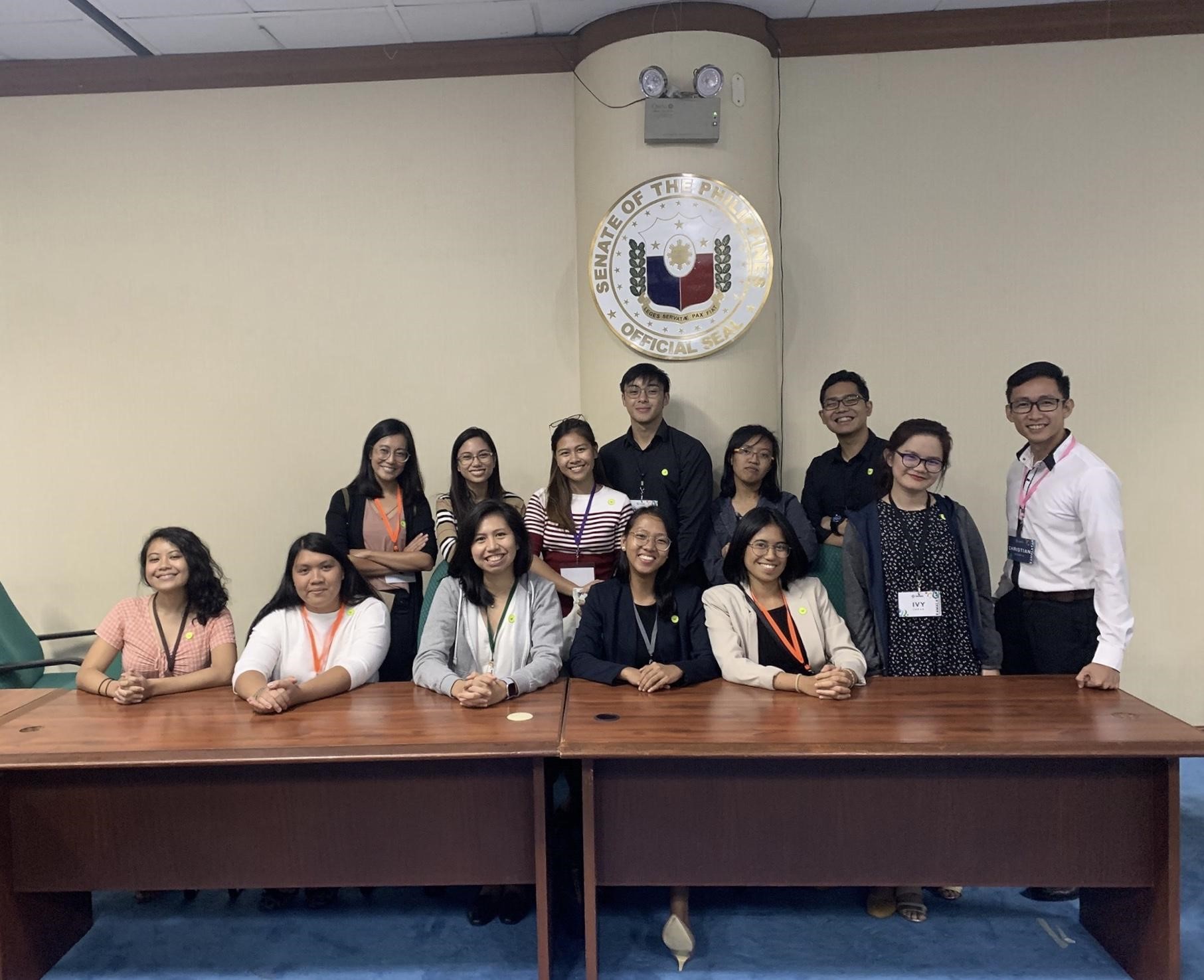Kamalayan
Article | September 17, 2020

Kamalayan
by Lennie Jean R. Daluz
Walking to the Senate of the Philippines last August 1, I thought I knew roughly what to expect since the event program and roster of speakers were uploaded on the event FB page. Despite this, Kamalayan: Universal Healthcare Seminar and Health Policy Workshop still managed to surprise me. I found myself in the company of undergraduate and postgraduate students, young professionals, and enthusiastic experts who were all gathered to learn and share about health reform! The daylong event was organized by the Youth Alliance for Health Reform (YAHR), a newly-established organization of advocates aiming to engage the youth through public health education, community empowerment, and health policy immersion with the vision of having ‘responsive and effective health systems for all Filipinos by 2022’.
After the invocation and national anthem, We were welcomed and everyone was commended for taking time to join the event. The speakers that day emphasized the importance of taking action, and urged the youth to participate in activities that can aid the organizations working for health (DOH, WHO, and the UN in particular) in their campaigns to promote the health and wellbeing of every Filipino.The keynote speaker was Senator Risa Hontiveros, and I was yet again impressed by how she is using her position to enshrine progressive laws stemmed from a genuine concern for the welfare of our countrymen. Mr. Neil Lomibao, affiliated with the UN Youth Advisory Board, shared concrete steps for young professionals to push for health reform by drawing from his own experiences. Next, Dr. Albert Domingo from the WHO talked about the concepts, contexts, and challenges of universal healthcare (UHC). He gave more detail regarding the establishment and strengthening of primary health care to achieve the goals set by RA 11223 or UHC Law. Of course, discussing health policy would have been incomplete without someone from the main implementing body in the Philippines coming forward to also tackle how the health system of the country works in the first place. Dr. Nikka Hao from the Department of Health (DOH) focused on the concept of policy as a call to action, and discussed how health policies have a broad reach in that sense. She also stated that policies can be drafted by various bodies in government. She emphasized that knowing which individual or office to approach is most useful when it comes to pushing for reforms, whether in health or other fields.
The afternoon was dedicated to the workshop part, with the entire assembly divided into small groups with facilitators. Each group was guided to identify one health problem that they wanted to discuss further. Of course, each member of our group had their own advocacies and issues that they wanted to push forward, but we ultimately decided on an issue suggested by the only dentist in the whole room. We took her advocacy for better oral health in the country and discussed at length the following: why it is an important problem, what factors can assist or hinder solving it, what interventions or programs we can come up with to solve the issue, and the indicators we will be using to track our progress. Basically, we were tasked to develop a rough draft of a health program, eventually collected by YAHR for processing and forwarding to both the UN Youth Advisory Board and the office of Senator Hontiveros.
In the cold rooms of the second floor, what transpired that day was more than just the transfer of knowledge from speaker to participant; more than that, I think the event sparked passion for health reform in the youth, especially those going into the healthcare system. When the event ended, I personally felt satisfied just seeing how invested the youth can be for worthy causes and how much we can achieve as a collective by taking simple, proactive steps.
